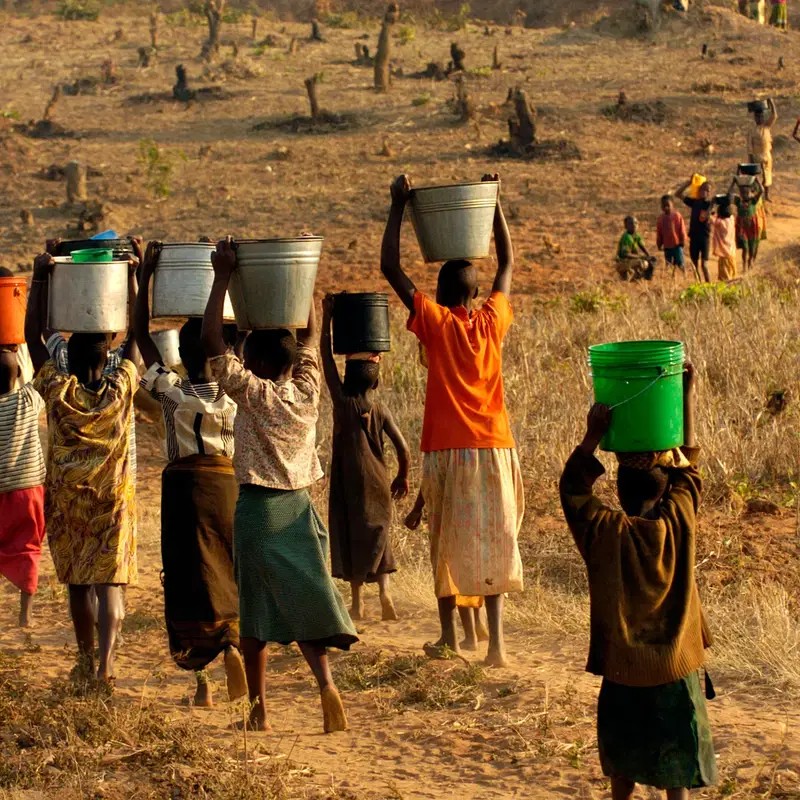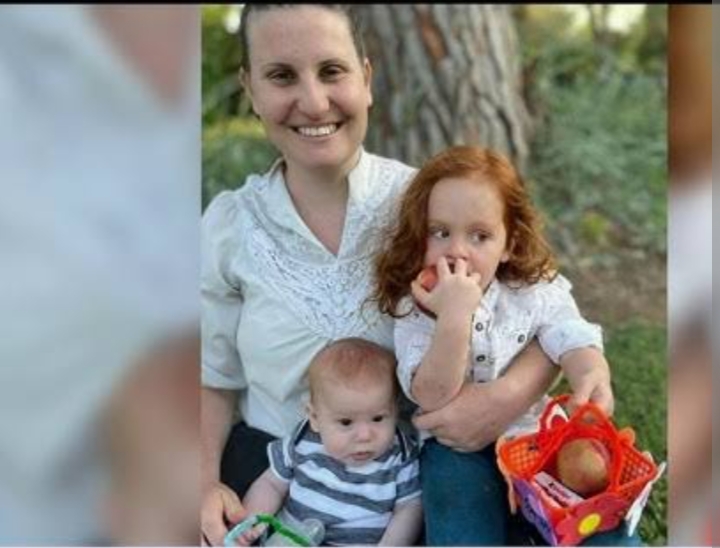As the world marks the World Day Against Child Labour, alarming figures released by the International Labour Organisation (ILO) reveal that an estimated 138 million children were engaged in child labour in 2024 with 54 million of them involved in dangerous and harmful work.
Speaking at the ongoing 113th International Labour Conference (ILC) in Geneva, Switzerland, ILO Director-General Gilbert Houngbo highlighted that despite some progress, the global community has fallen short of its 2025 goal to eliminate child labour.
The new data, jointly published by the ILO and UNICEF, shows that while there has been a decrease of over 22 million child labourers since 2020, reversing a worrying surge recorded between 2016 and 2020, urgent action is still needed to protect millions of vulnerable children.
“The report shows that progress is possible,” Houngbo said. “But to keep children in classrooms and out of labour, parents must have access to stable, decent jobs. When families struggle to survive, children are often forced to help support them, even at great personal cost.”
UNICEF Executive Director Catherine Russell echoed the call for stronger protective systems. She emphasized the need for legal reforms, increased social protection, investments in free and quality education, and decent employment opportunities for adults.
According to the report, the agricultural sector accounts for the highest share of child labour globally, with 61% of affected children working in farming. This is followed by the services sector (27%), which includes domestic work and street vending, and industry (13%), including sectors such as mining and manufacturing.
To tackle the issue, the ILO and UNICEF are urging governments to expand social protection programmes, such as universal child benefits, and to bolster child welfare systems to identify and support at-risk children, particularly those involved in the most hazardous forms of labour.
Back in Nigeria, Labour and Employment Minister Alhaji Mohammad Dingyadi affirmed the country’s commitment to eradicating child labour. As a designated “Pathfinder Country,” Nigeria is focusing on legislative reforms, capacity-building, community-based programmes, and rescue efforts to protect vulnerable children.
Mr. Adewale-Smatt Oyerinde, Director-General of the Nigeria Employers’ Consultative Association (NECA), also weighed in, calling for swift and coordinated actions to end child labour in Nigeria and across the African continent.
“Millions of Nigerian children are still trapped in harmful work, risking their health, education, and future potential,” Oyerinde said.
As global leaders and nations reflect on these findings, one thing remains clear: protecting children from labour exploitation is not just a moral obligation , it is a global priority that demands urgent and sustained action.





